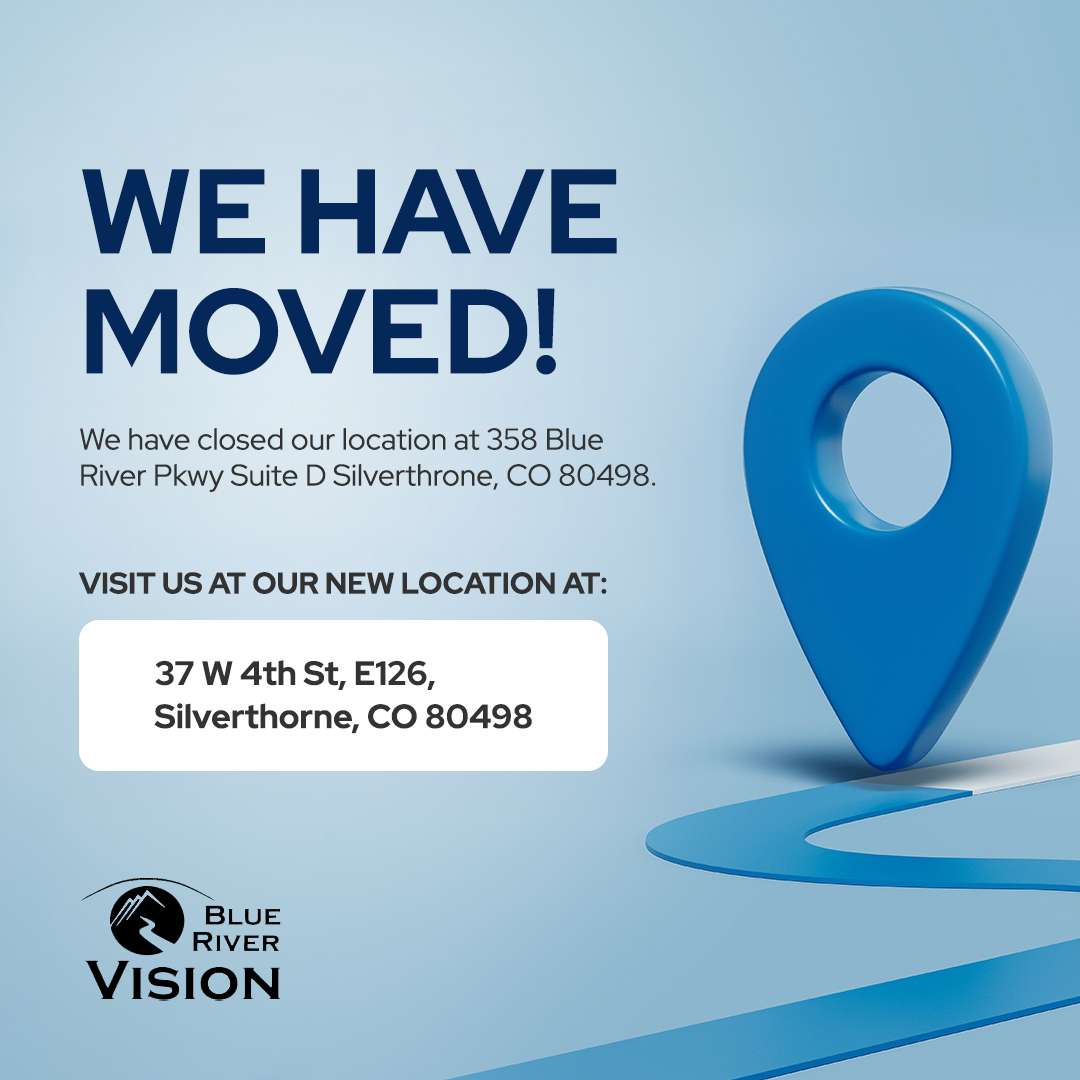
The American Optometric Association reports that 1 in 4 children have a vision issue that negatively impacts learning. Even children with “perfect vision” can still struggle academically because other aspects of the visual system are not perfect. This makes 20/20 vision only one measure of the visual system. If the whole visual system is not functioning properly our kids may be missing out since 80% of all learning is visual! This makes a comprehensive eye exam with an optometrist essential for all children especially those experiencing learning issues.
When a child enters the classroom, they rely on basic visual skills to learn effectively. When one or more of these skills, like eye teaming or focusing, are not properly functioning learning becomes more effortful and often the child can’t keep up with the pace. As a child moves through each grade, the visual demands are greater as they take on more reading, writing, smaller print, higher standards of work, longer lectures, and more general stress. With the increase of these academic demands, it’s important to immediately address any suspected learning challenges with a comprehensive eye exam.
In fact, a comprehensive eye exam can prevent misdiagnosis or aid in diagnosis of other learning challenges like ADHD or dyslexia. Through a comprehensive eye exam, an optometrist can identify issues beyond refractive problems like nearsightedness. In fact, eye teaming and tracking issues are frequently seen in children with other learning disorders. Appropriate diagnosis and treatment of the eye issues often help the child deal with the other learning issues.
Vision screeners that take place in schools, online or with a pediatrician are NOT a sufficient replacement for a comprehensive eye exam. The American Optometric Association reports that, “Even the most sophisticated vision screening tools, administered by the most highly trained screeners, miss one-third of children with eye or vision disorders.” That’s why optometrists recommend that students who have passed a vision screening still get a comprehensive eye exam for a full look into the child’s visual system.
Signs that may indicate a child has a vision problem include:
- Frequent eye rubbing or blinking
- Short attention span
- Avoiding reading and other close activities
- Regular headaches
- Covering one eye
- Tilting the head to one side
- Holding reading materials close to the face
- An eye turning in or out
- Seeing double
- Losing place when reading
- Poor reading comprehension
- Complaints of discomfort and fatigue1
Colorado’s doctors of optometry recommend that your child follows the schedule below for comprehensive eye exams with an eye doctor for proper pediatric eye care. This schedule ensures that the child’s visual system is hitting developmental milestones as they approach and participate in classroom learning.
Children’s Eye Exam Schedule:
- 6 Months: First eye exam w/ optometrist (No-cost eye exams for infants 6-12 months through the InfantSEE national public health program)
- 3 Years: Second eye exam w/ optometrist
- 5 Years: Third eye exam w/ optometrist
- 6+ Years: After age 5 eye exams should continue every 2 years for low-risk children (unless otherwise recommended by an optometrist).
1 https://www.aoa.org/healthy-eyes/eye-health-for-life/school-aged-vision?sso=y





